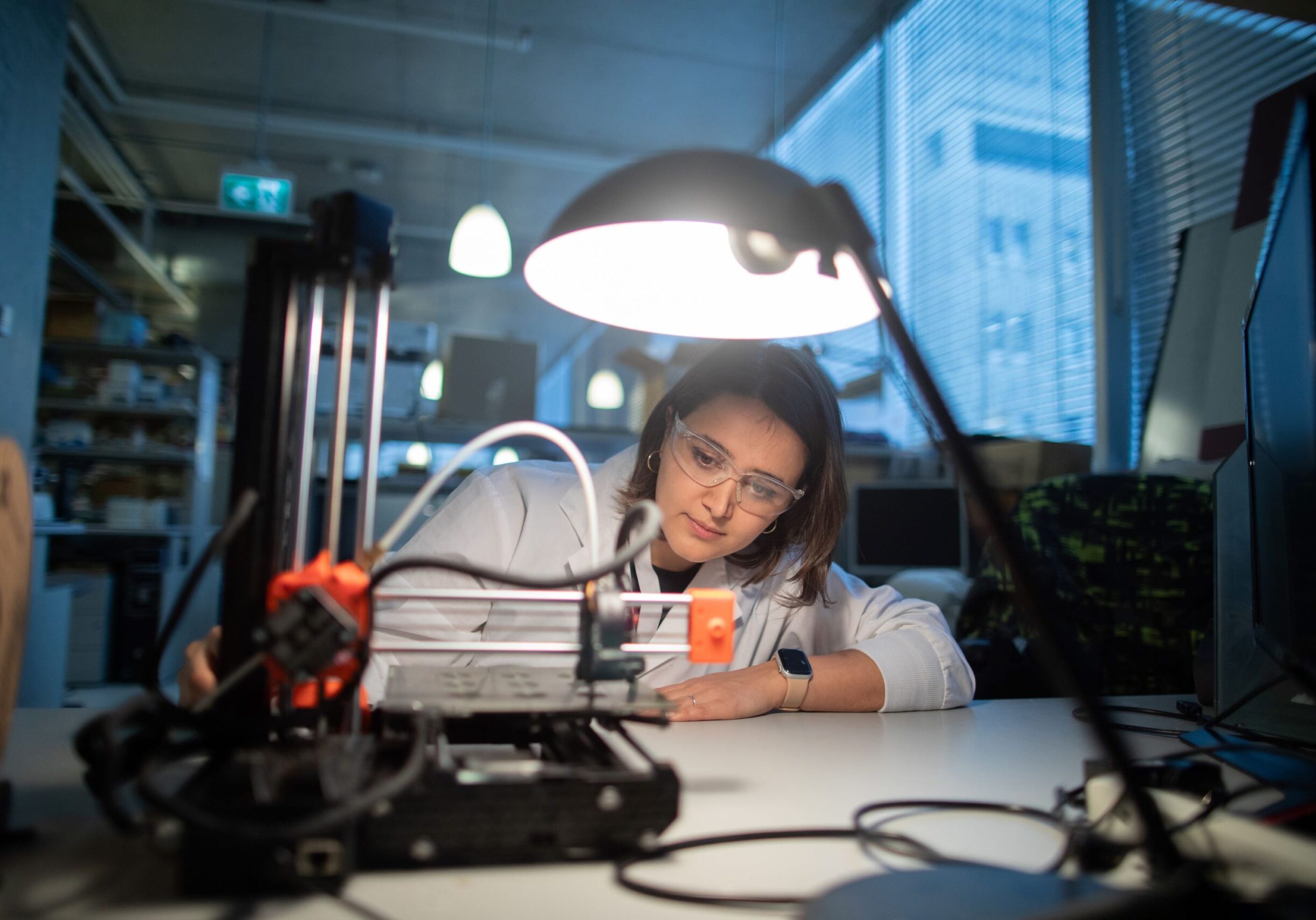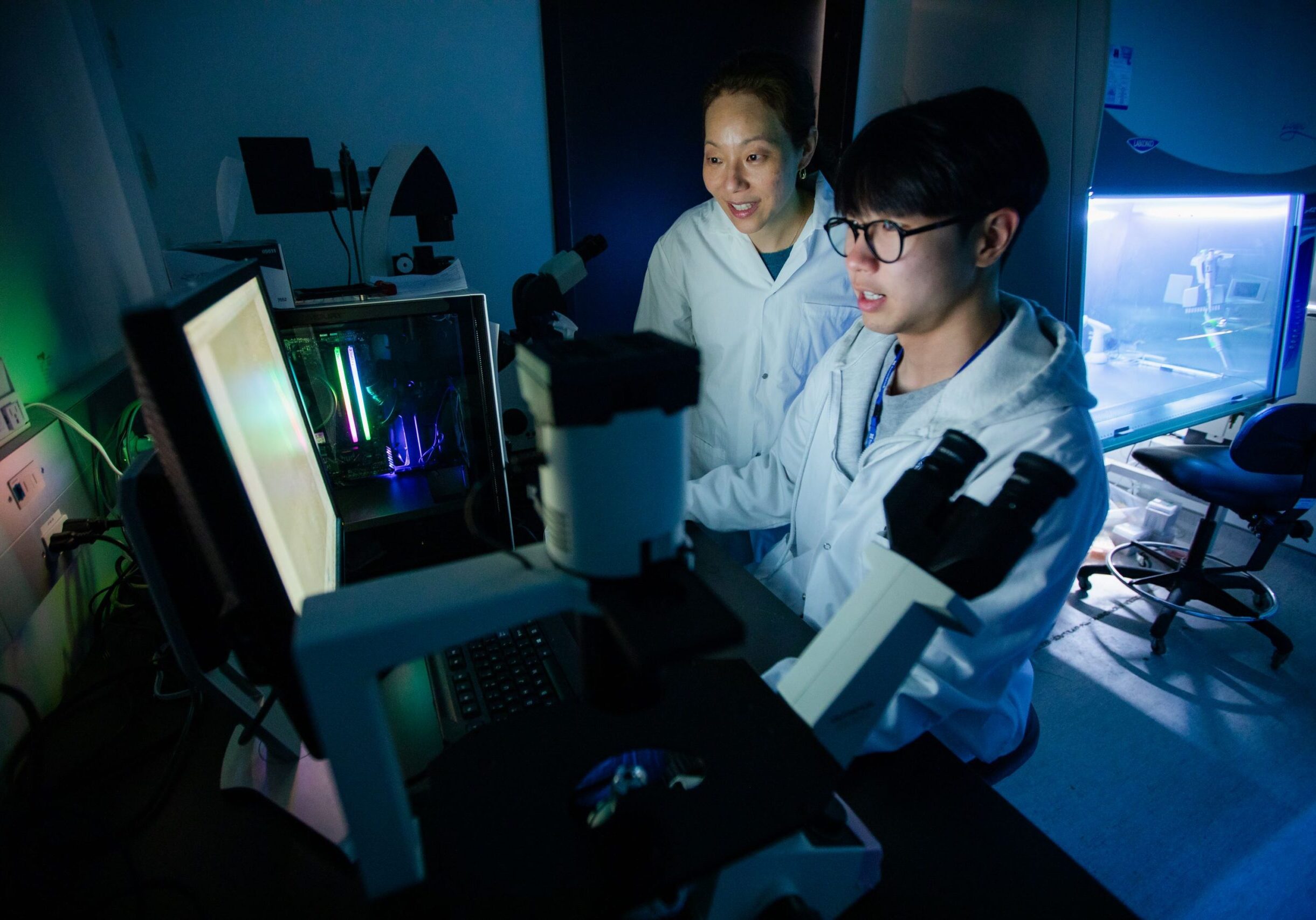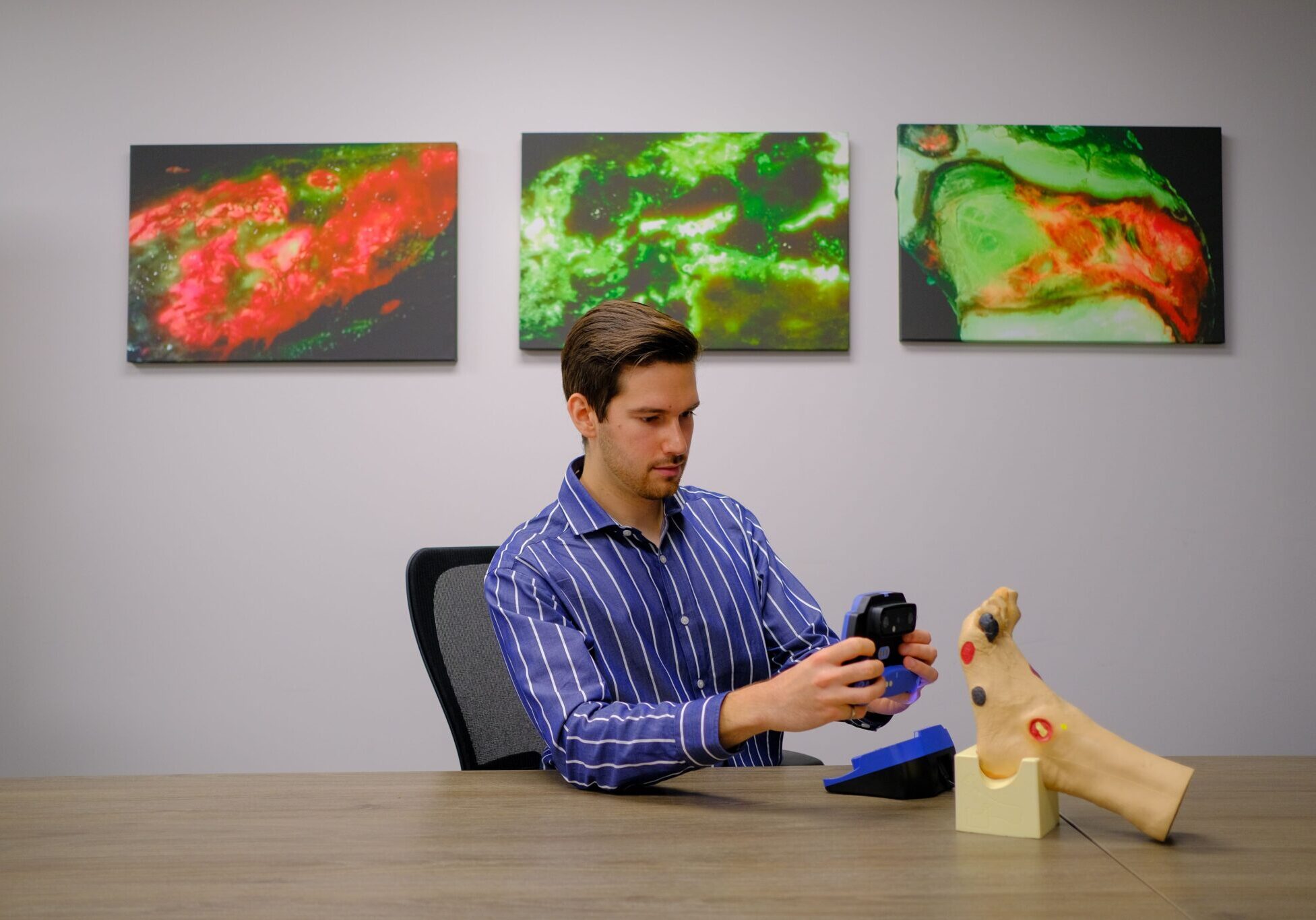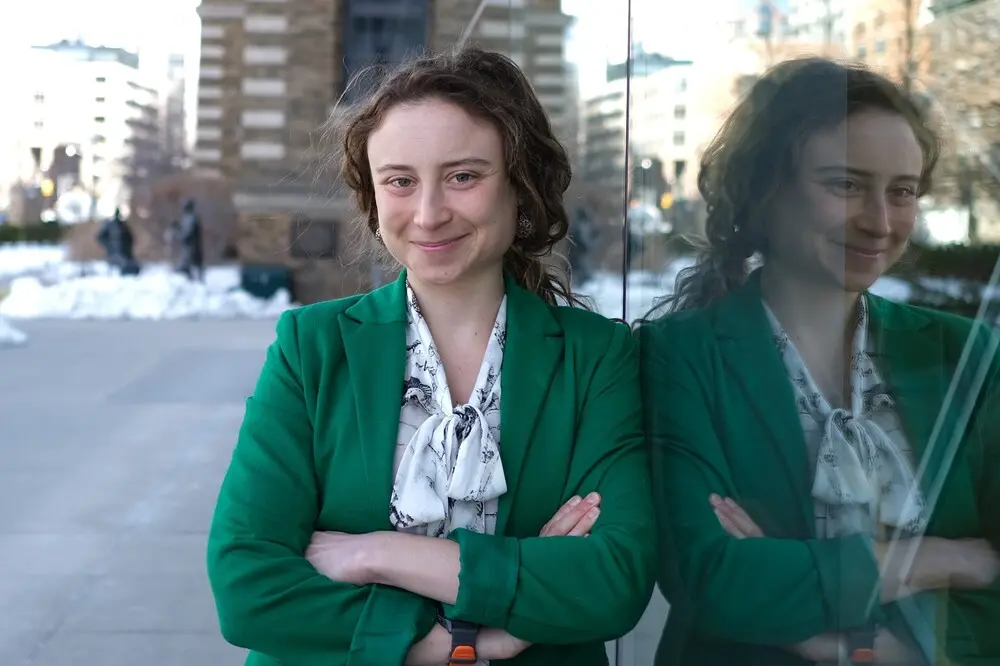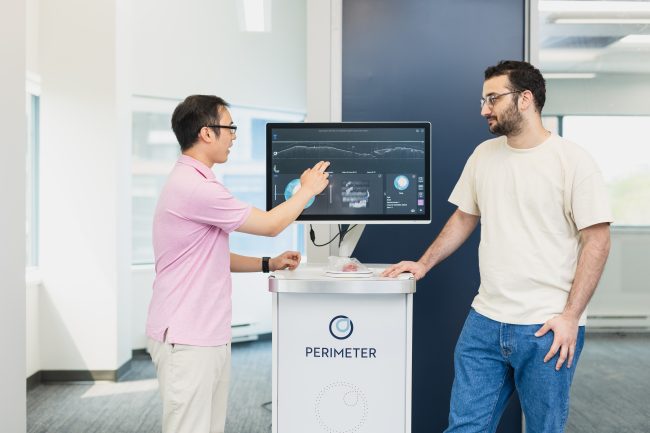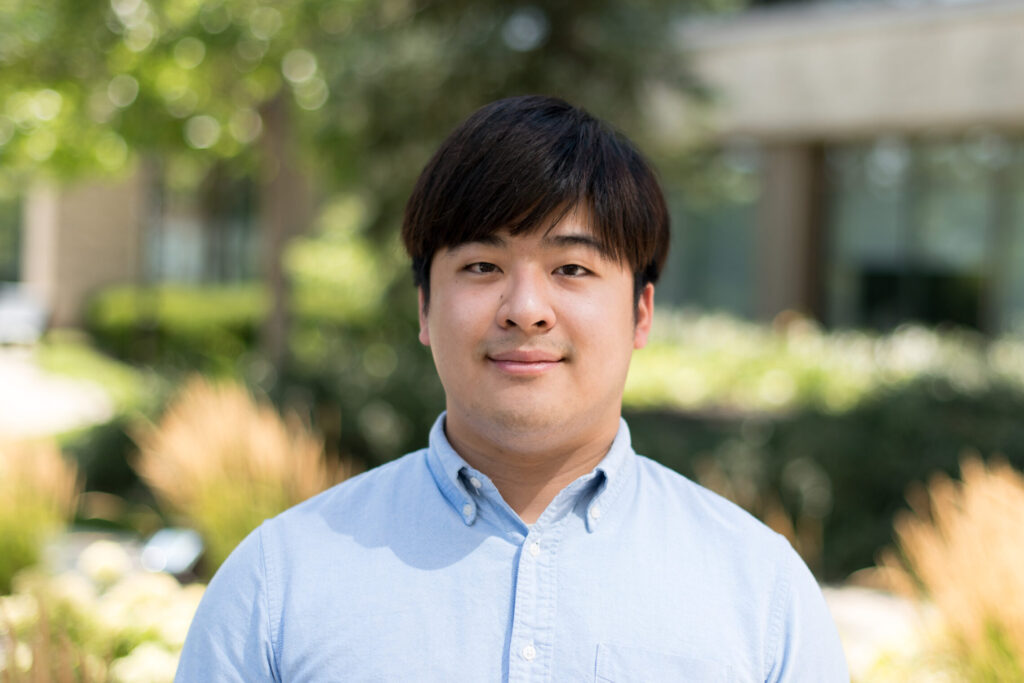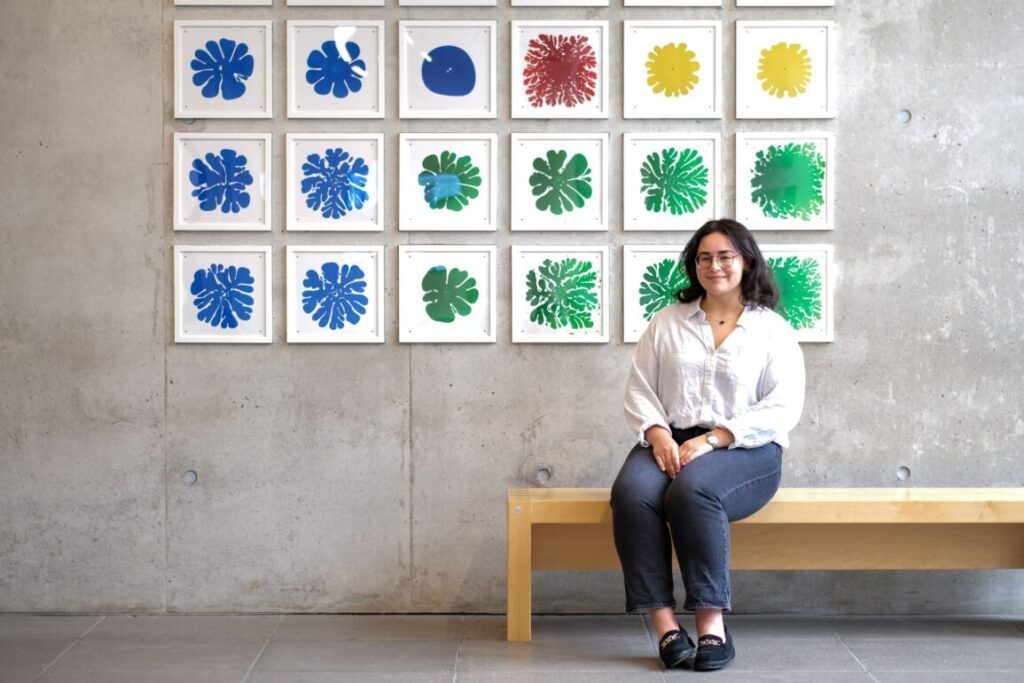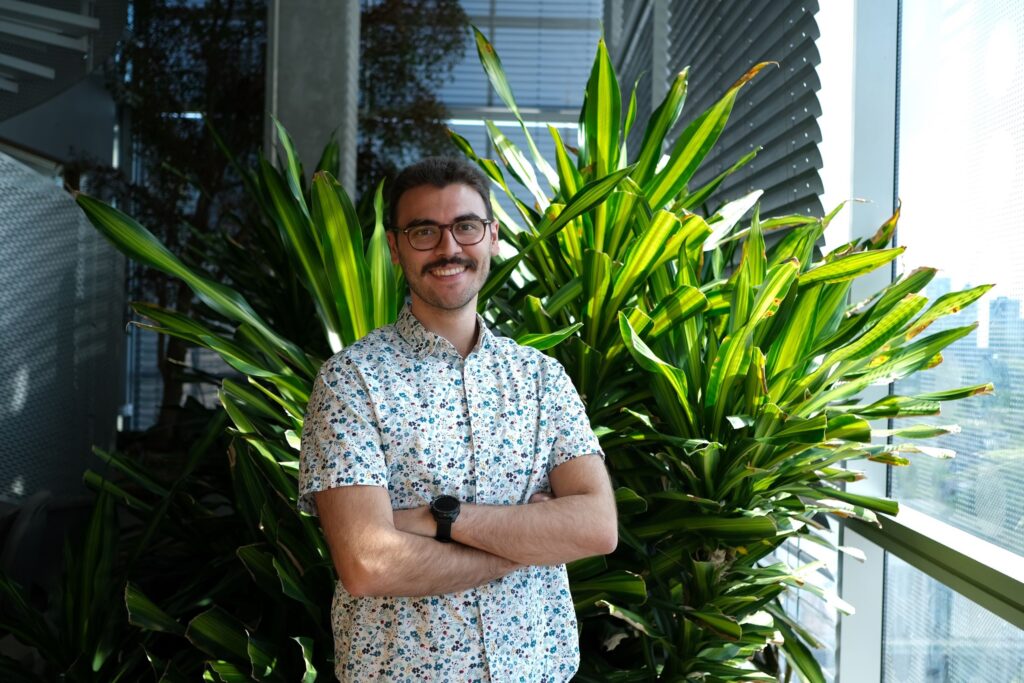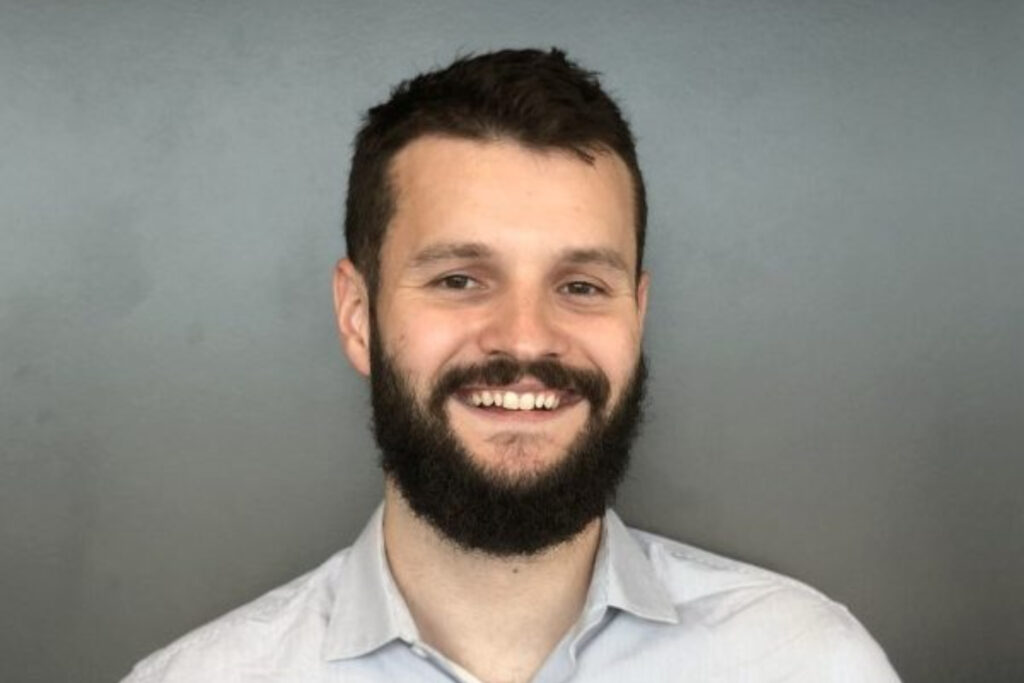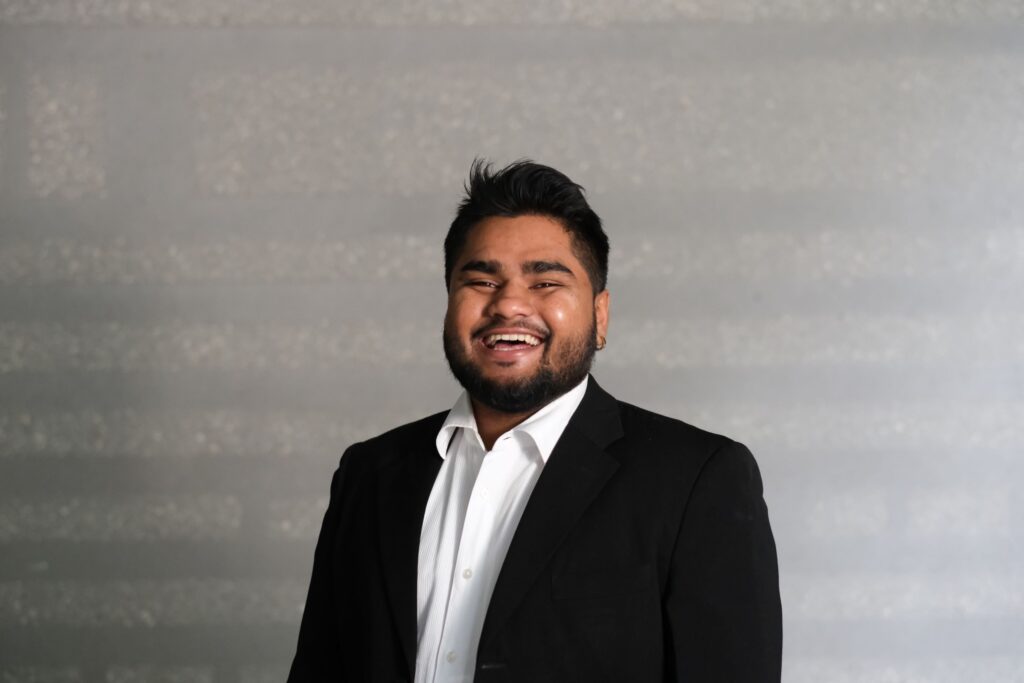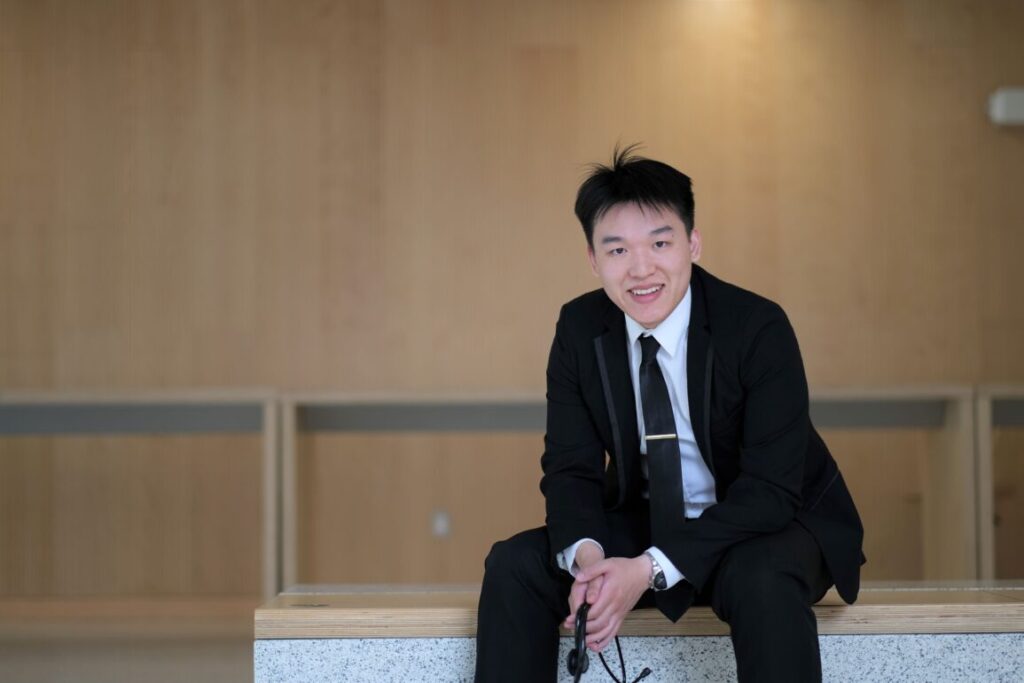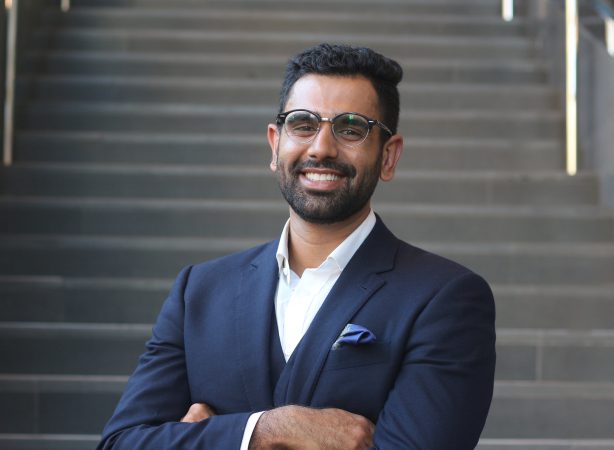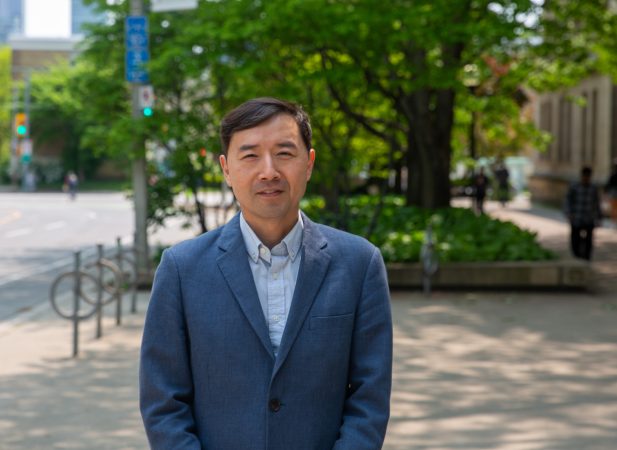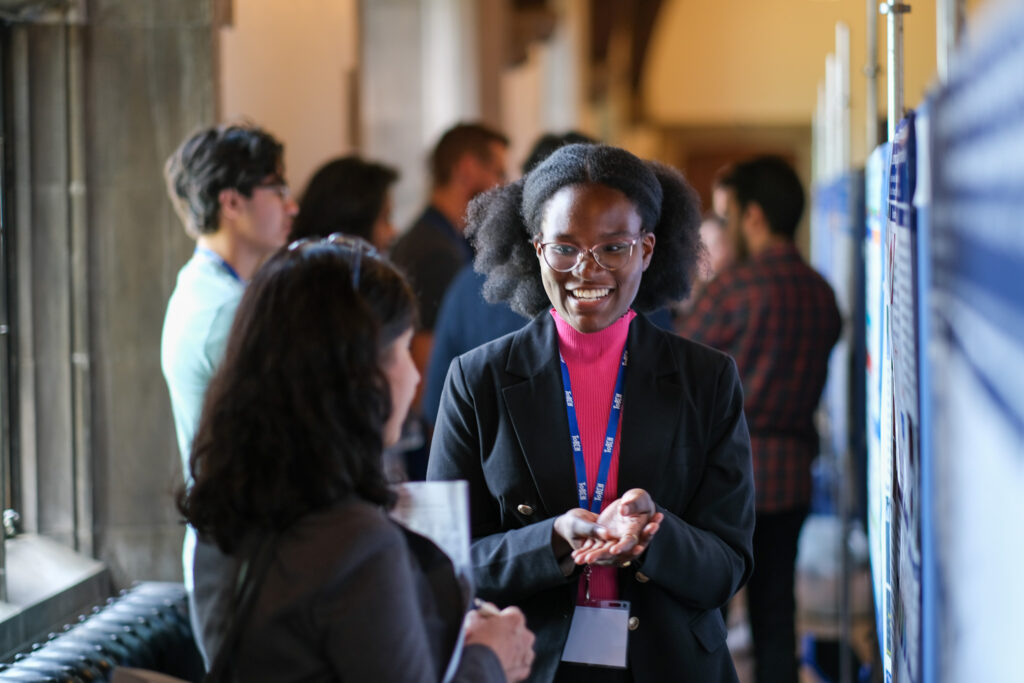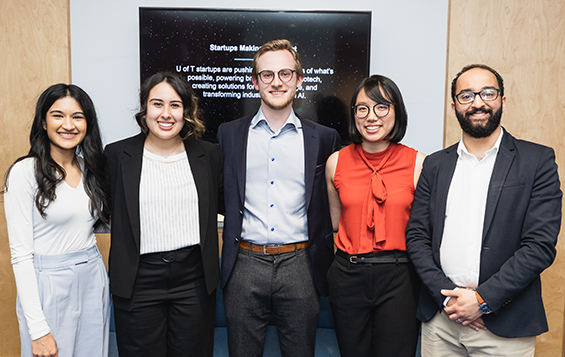Programs Overview
Are you a prospective student? Here at the Institute of Biomedical Engineering (BME), we connect researchers across the University of Toronto and its partner hospitals to develop innovative solutions to improve human health.
At the Institute of Biomedical Engineering (BME), we have 3 graduate programs and 2 undergraduate programs.
Quick Navigation
Graduate programs
Doctor of Philosophy
Research degree that exposes candidates to cutting-edge research in a laboratory
Master of Applied Science
Research degree that exposes candidates to cutting-edge research in a laboratory
Master of Engineering
Professional degree that exposes candidates to biomedical device design to commercialization
Graduate programs comparison
| Stream: | Research | Professional |
|---|---|---|
| Program: | PhD / MASc | MEng |
| Focus: | Research intensive training in a laboratory or clinical setting. | Training in biomedical device design, implementation, and commercialization. |
| Career Interests: | Individuals pursuing careers in academia, healthcare, government, or industry, who have a passion for research and development. • Motivated to conduct cutting-edge research • Passionate about academic collaboration and science communication • Keen on becoming key opinion leaders with distinct research specialization | Individuals interested in medical device production from design to implementation in human patients. • Seeking product design knowledge • Interested in learning entrepreneurship fundamentals • Eagar to gain real-world experience in the healthcare sector |
| Degree(s) Required: | Bachelor of Science, Bachelor of Engineering, Master of Applied Science (for PhD only), or Master of Engineering (PhD only). | Bachelor of Engineering or Bachelor of Science. |
| Outcome: | Program graduates excel as leaders in academia, industry, and government agencies across the globe. | Through work-integrated learning, graduates emerge as company founders, technology leaders, and start-up creators in the healthcare sector. |
| Program Length: | approx. 2 years (for MASc) or approx. 4 years (for PhD) | 1 year |
| Funding: | Unit-funded | Self-funded |
| Curricula: | • Coursework • Committee Meetings • Qualifying/Bypass Exam (for PhD) • Thesis • Defense • Final Oral Exam (for PhD) | • Coursework • Practical Experience |
Undergraduate programs and opportunities
| Year | Description | Opportunities |
|---|---|---|
| 1 | Engineering Science (EngSci) program students learn fundamentals of different science disciplines and begin team-based design training through praxis courses. | |
| 2 | EngSci students continue to receive foundational training through courses including BME205. Students select their major at the end of the second year. | USRA PEY Co-op |
| 3 | Biomedical Engineering major program students deepen their knowledge through rigorous academic and experiential training. | USRA PEY Co-op |
| 4 | Major students may focus on skill advancement and further knowledge and competencies through the completion of specialization courses, thesis, and design/capstone projects. |
| Year | Description | Opportunities |
|---|---|---|
| 1 | Engineering students establish knowledge in math and applied & basic sciences. | |
| 2 | Students expand knowledge and gain a greater depth of understanding through enhanced lab experiences and design opportunities. | USRA PEY Co-op |
| 3 | Bioengineering minor students may elect to pursue specialization courses grouped into three themes: Molecular Engineering, Cell & Tissue Engineering, and Clinical Engineering. | USRA PEY Co-op |
| 4 | Minor students may focus on skill advancement in one of the three themes (mentioned above) toward becoming a specialist in their respective field. |
Read more student news & stories
Quick Navigation
MD/PhD student Hannah Kozlowski receives inaugural future leaders prize
Throughout her graduate studies, Hannah Kozlowski recalls her PhD supervisor reminding her that doing a PhD is a marathon, not a sprint. As an endurance runner who has completed six marathons — including the Boston and Chicago Marathons — Kozlowski found the advice relatable and memorable.
MEng students use AI to improve imaging tool used during breast cancer surgery
Last summer, Bryant Bak-Yin Lim (BME MEng/MD candidate) and Ali Yassine (ECE MEng candidate) got a chance to make a difference in the lives of patients by improving how breast cancer surgery is performed.
2023 Dorrington Award Recognizes Graduate Students Working on Drug Delivery, Nanomedicine and Gene Regulation
Stefan Mladjenovic (BME) is one of the students receiving the recipients of the 2023 Dorrington Award. The award supports the students’ continued progress in achieving their research goals and contributing to the Centre’s history of excellence in advancing discovery, medicine and health.
TRANSFORM HF announces its 2023 Collaboration Starter Grant recipients
Megh Rathod (PhD candidate, Biomedical Engineering at University of Toronto), is one of the winners of the TRANSFORM HF 2023 Collaboration Starter Grant.
Listen to your heart: New ultrasound technique earns PhD candidate Joseph Sebastian a Connaught PhD for Public Impact Fellowship
Joseph Sebastian, a BME PhD student and Vanier Scholar at the University of Toronto, has been honored with the prestigious Connaught PhD for Public Impact Fellowship.
Non-invasive approach for electrical nerve stimulation among five projects supported by 2023 Connaught Innovation Awards
Professor Paul Yoo (BME, ECE) is designing novel electrodes for non-invasive electrical nerve stimulation, a technology that could be used in therapies for the treatment of epilepsy, depression, Parkinson’s disease and many pain disorders.
Teams focused on cell therapy and diagnostics win first and second place at the Building a Biotech Venture Pitch Competition
The injection of lab-made, healthy cells—referred to as a cell therapy — into a damaged heart could be a way to prevent that heart from failing. But to make this therapy a reality, the cells must be able to integrate and survive in patients’ bodies. That problem is exactly what Myoxa Therapeutics, the first-place winner at the Building a Biotech Pitch Competition, is working on solving.
